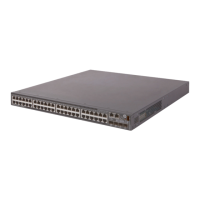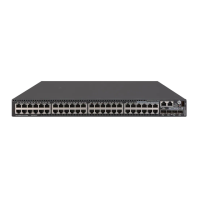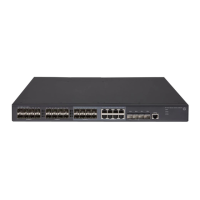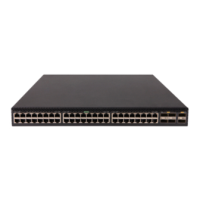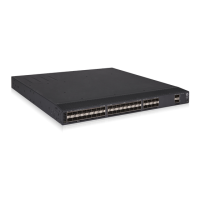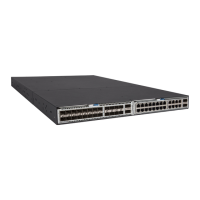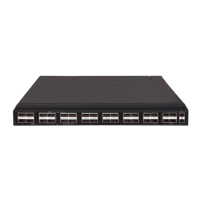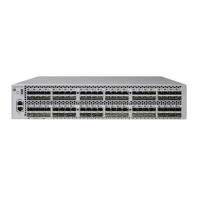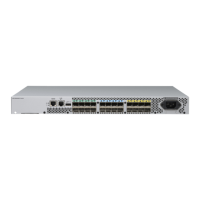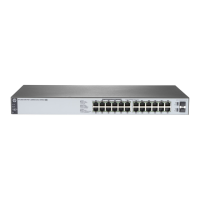210
Step Command Remarks
3. Enter BGP IPv4 unicast
address family view or
BGP-VPN IPv4 unicast
address family view.
address-family ipv4
[
unicast
]
N/A
4. Configure BGP route
distribution filtering policies.
• Reference an ACL or IP
prefix list to filter advertised
BGP routes:
filter-policy { acl-number |
prefix-list prefix-list-name }
export [ direct | isis
process-id | ospf process-id |
rip process-id | static ]
• Reference a routing policy to
filter BGP routes advertised
to a peer or peer group:
peer { group-name |
ip-address [ mask-length ] }
route-policy
route-policy-name export
• Reference an ACL to filter
BGP routes advertised to a
peer or peer group:
peer { group-name |
ip-address [ mask-length ] }
filter-policy acl-number
export
• Reference an AS path list to
filter BGP routes advertised
to a peer or peer group:
peer { group-name |
ip-address [ mask-length ] }
as-path-acl
as-path-acl-number export
• Reference an IPv4 prefix list
to filter BGP routes
advertised to a peer or peer
group:
peer { group-name |
ip-address [ mask-length ] }
prefix-list prefix-list-name
e
xport
Use at least one method.
By default, no BGP distribution
filtering policy is configured.
To configure BGP route distribution filtering policies (IPv6):
Step Command Remarks
1. Enter system view.
system-view
N/A
2. Enter BGP view or BGP-VPN
instance view.
• Enter BGP view:
bgp as-number
• Enter BGP-VPN instance
view:
a. bgp as-number
b. ip vpn-instance
vpn-instance-name
N/A
3. Enter BGP IPv6 unicast
address family view or
BGP-VPN IPv6 unicast
address family view.
address-family ipv6
[
unicast
]
N/A
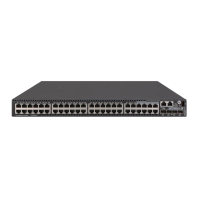
